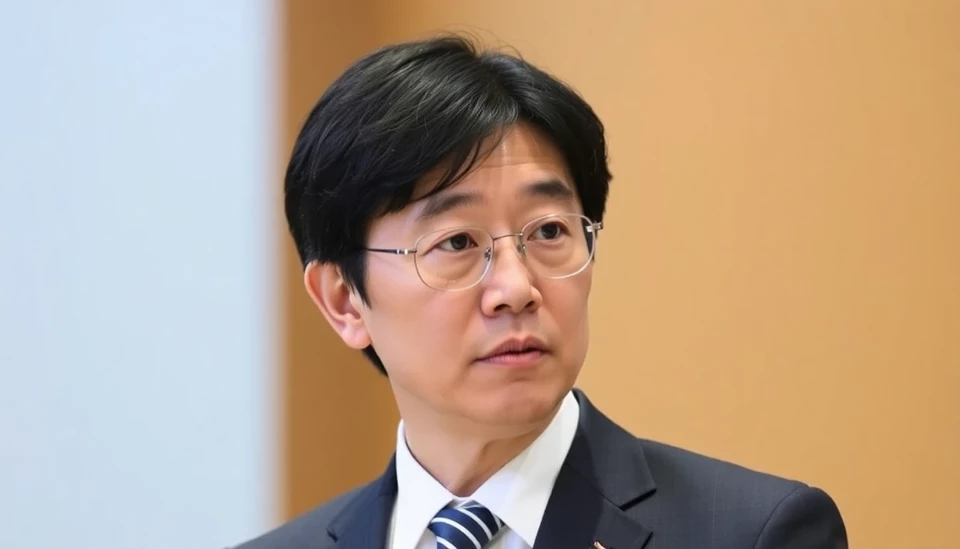
In a significant move that underscores the Japanese government's commitment to economic stability, the lower house of the National Diet of Japan has recently passed a budget designed to offer financial relief across various sectors. This strategic decision is especially important in the wake of ongoing economic pressures, including rising inflation and the aftereffects of the pandemic that have continued to impact businesses and consumers alike.
The newly approved budget focuses on a broad spectrum of support initiatives, which include direct financial aid, incentives for small businesses, and increased investment in public health and infrastructure. Through these measures, the government aims to bolster economic growth while ensuring that essential services remain undisturbed and accessible to all citizens.
Of particular note is the allocation intended for local governments, which are set to receive additional funding to implement projects that stimulate job creation and drive recovery efforts in their regions. This local support is critical as areas severely affected by the downturn look to rebuild and restore their economies. Prime Minister Fumio Kishida has emphasized the necessity of combining immediate relief with long-term growth strategies to secure Japan's economic future.
In tandem with the budget approval, there is a burgeoning call for collaboration between the government and private sectors to maximize the benefits of the allocated funds. Economic analysts suggest that more robust partnerships could lead to innovative solutions that address both immediate concerns and foundational issues, such as aging infrastructure and workforce shortages. The emphasis will be on leveraging technology to enhance efficiency and productivity across various industries.
Additionally, provisions within the budget target investments in green technologies and sustainability initiatives, reflecting Japan's commitment to environmental responsibility while simultaneously addressing economic imperatives. As global attention increasingly turns towards climate change solutions, the government is positioning itself to lead by example in the transition to a more sustainable economy.
As public opinion remains a critical driver of government action, there is a conscious effort to engage with communities to ensure that the relief measures effectively meet the needs of those who have been disproportionately affected by economic hardships. Transparency and accountability will be pivotal as the government rolls out these programs, with an increased focus on measuring success and making necessary adjustments along the way.
While the passage of the budget has garnered support from many sectors, it has also sparked debate. Critics argue that some aspects of the budget may not address the root causes of economic distress or could lead to increased government debt. In response, supporters of the budget contend that immediate relief is essential to maintain consumer confidence and encourage spending in the short term, which will ultimately contribute to a healthier economy in the long run.
As Japan moves forward, the success of this budget will heavily depend on its execution and the ability to adapt to the rapidly changing economic landscape. With the next steps still being closely monitored, stakeholders from all walks of life are hopeful that this decisive action will pave the way for a more resilient and thriving Japan.
In conclusion, the approval of this budget represents a pivotal moment for Japan as it seeks to navigate the complexities of its economic challenges while laying the groundwork for sustainable growth and recovery.
#JapanEconomicRelief #BudgetApproval #PrimeMinisterKishida #EconomicRecovery #SustainabilityInitiatives #LocalSupport #FinancialAid #GreenTechnology #PublicHealthInvestments
Author: Rachel Greene




